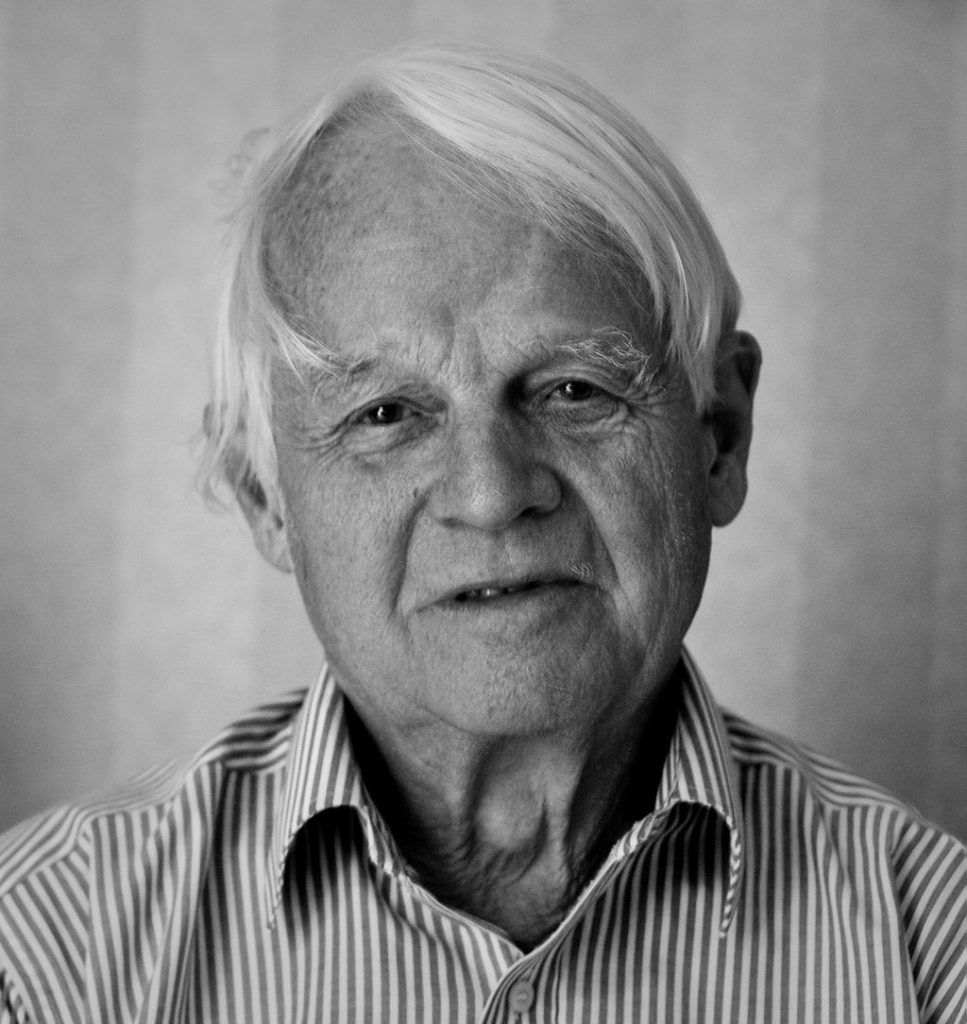
We always hesitate to call retraction statements “models” of anything, but this one comes pretty close to being a paragon.
Psychology researchers in Germany and Scotland have retracted their 2018 paper in Acta Psychologica after learning of a coding error in their work that proved fatal to the results. That much is routine. Remarkable in this case is how the authors lay out what happened next.
The study, “Auditory (dis-)fluency triggers sequential processing adjustments:”
Continue reading Doing the right thing: Psychology researchers retract paper three days after learning of coding error





